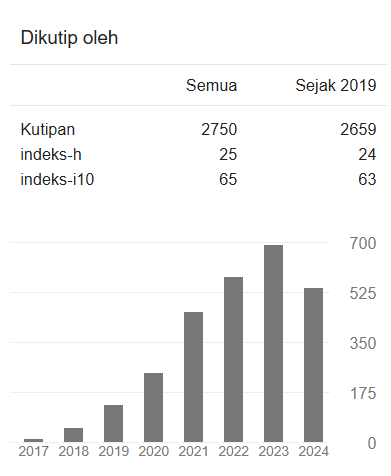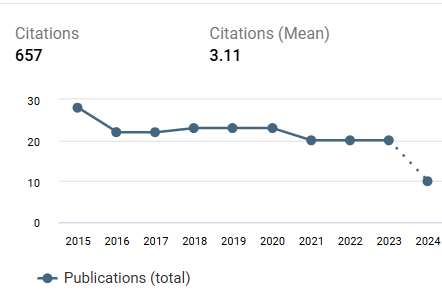Integrating Strategy-Based Instructions In 7th-Grade Speaking Classroom At SMP Muhammadiyah 2 Batu
DOI:
https://doi.org/10.22219/jinop.v3i1.3968Keywords:
strategy-based instruction, oral communication strategies, metacognitive training, community service projectAbstract
Second language (L2) pedagogy and second language acquisition (SLA) have acknowledged the significant role of learning strategies. It, then, suggests the significance of learning strategies in second language learning or, even, acquisition, especially helping students be better learners. With regard to this, a community service project is proposed to implement this SBI in SMP Muhammadiyah 2 Malang. The students’ problem in speaking ability seems to derive from lacks of knowledge about oral communication strategies (OCSs). Therefore, the project team plans to implement an SBI which is mostly the combination of OCSs and metacognitive model. The project implementation falls into four meeting with the focus described as follows (1) Introducing OCSs and metacognitive training model, (2) Employing help-seeking strategies and modified interaction strategies through conversation tasks, (3) Employing modified output strategies and time-gaining strategies through conversation tasks and (4) Employing maintenance strategies and self-solving strategies through conversation tasks. This project is expected to give best practice to the English teachers of partner school as a part of teaching professionalism improvement and development.
Downloads
Downloads
Published
How to Cite
Issue
Section
License
Copyright Notice
Authors who publish with JINoP (Jurnal Inoasi Pembelajaran) agree to the following terms:
- For all articles published in the JINoP (Jurnal Inovasi Pembelajaran), copyright is retained by the authors. Authors give permission to the publisher to announce the work with conditions. When the manuscript is accepted for publication, the authors agree to the automatic transfer of the publishing right to the publisher.
- Authors retain copyright and grant the journal the right of first publication with the work simultaneously licensed under a Creative Commons Attribution 4.0 International License. that allows others to share the work with an acknowledgment of the work's authorship and initial publication in this journal.
- Authors are able to enter into separate, additional contractual arrangements for the non-exclusive distribution of the journal's published version of the work (e.g., post it to an institutional repository or publish it in a book), with an acknowledgment of its initial publication in this journal.
- Authors are permitted and encouraged to post their work online (e.g., in institutional repositories or on their website) prior to and during the submission process, as it can lead to productive exchanges, as well as earlier and greater citation of published work (See The Effect of Open Access).








